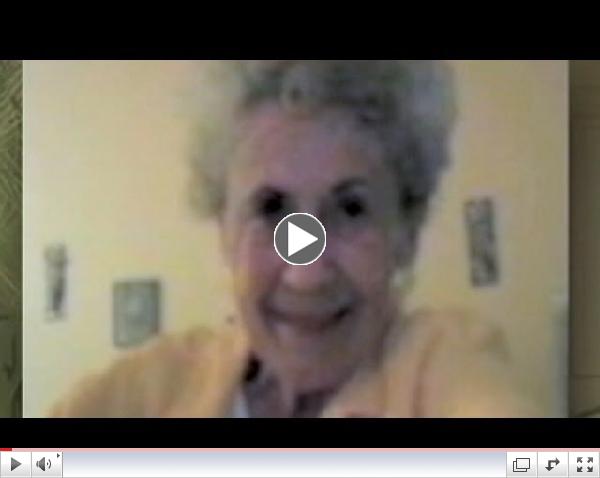Take a moment and look at that picture. Look again. Look yet again, and be reminded that Lorraine Bayless is a real person. We know from news stories that she had a daughter. Did she sew, play cards, listen to music, maybe she was a baseball fan? Tracey Halvorson , the dispatcher who handled the call that came in requesting help for Lorraine, identified her as a "human."
By now the
 |
Video:
Woman's Refusal to Administer
CPR Sparks Controversy
|
is probably familiar. Lorraine collapsed. It looked like a heart attack. The nurse at the independent living home where Lorraine lived called 911. The dispatcher tried to get the nurse to do CPR. When she said it was against policy, Tracey begged for the nurse to get somebody else who was willing to help her. The non-nursing nurse said she couldn't do that. It is against policy.
Look at that picture once again. We aren't discussing a policy, here. Lorraine Bayless is a human being, one who bears the image of God. To paraphrase
John Donne,
"Ask not for whom the 911 call is made.
It is made for thee."
Maybe I'm making too much of this, but I just watched a BCC documentary series on Auschwitz. The policyargument sounds remarkably familiar. When policies discourage people from helping, or trying to help, others something is wrong with policy and the culture that produced those policies. When potential
Good Samaritans consult the manual before they consult their hearts something is wrong. When our hearts allow us to glibly quote policy while someone is dying, something is wrong.
"Are we going to let this lady die?" ". . . is there anybody that's willing to help this lady and not let her die?" Tracey, the dispatcher, asked with obvious concern.
"Not at this time." was the sad reply.
Something is wrong, and
